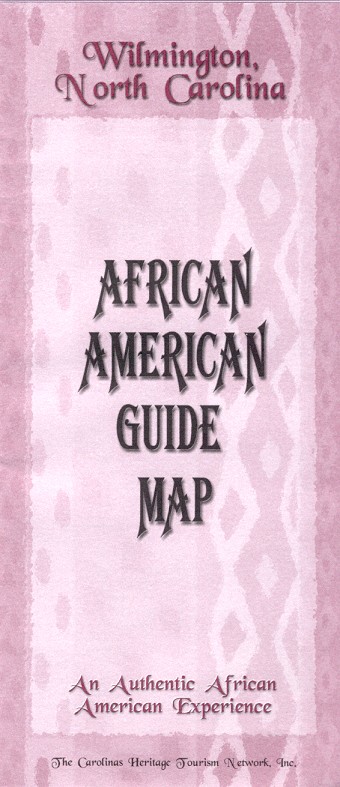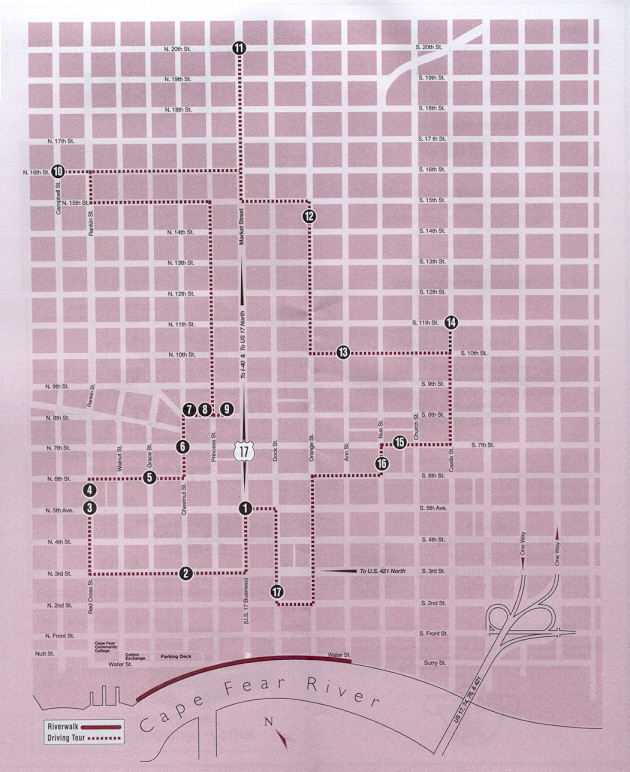Wilmington Tomorrow
RESTORING THE HOPE
Among the pledges in the "People's Declaration of Racial Interdependence" is the statement,
"The best interests of the community require the inclusion of African Americans in all segments of the economy, particularly those from which they have been historically excluded, because African American families cannot thrive in our community unless there are more opportunities for their economic advancement."This pledge is in direct response to the intention, stated in the 1898 "White Declaration of Independence," "to give white men a large part of the employment hitherto given to negroes." The pledge acknowledges that for over seventy years segregation and economic oppression caused African Americans to be excluded from economic advancement in this city and area, and that for the past thirty years this racist exclusion has often continued, as a result of continuing patterns of residential and social segregation.
African Americans have not enjoyed participation in the most thriving sectors of our areas economy, the tourist, construction, and recreation industries, and minority business leaders are not "connected" with the white businessmen who run the areas financial and industrial concerns. Important places for social networking--such as the Cape Fear Country Club and the Cape Fear Men's Club--still do not have black members.
Obviously it is a long, difficult task to overcome not only racial prejudice, which is still a powerful factor in Wilmington, but mistrust and separation, after a century of exclusion. But the 1898 Foundation believes that it is only if there is progress in the area of economic inclusion and economic justice, that there will continue to be progress in racial understanding and reconciliation. To that end 1898 has given rise to two organizations intended to address the long Wilmington history of racial economy inequality, and to begin to include African Americans in the more dynamic parts of our economy, the Carolina Heritage Tourism Network (CHTN), and the Partners for Economic Inclusion.
The Carolina
Heritage Tourism Network, co-chaired by Kenneth
Davis and Peter Grear, has published a high-quality brochure on
17 Historic Locations in heritage tourism in the Wilmington/Cape Fear region,
which will be made available through the Tourism Bureau and other tourism
centers in the area. 50,000 copies of the brochure will be distributed
throughout North Carolina and the southeast, utilizing the network capabilities
of the NH County Convention and Visitors Bureau. This is a strong first
step in the effort to build a heritage tourism industry in this area.


Carolina Heritage Tourism Network (CHTN)
Guide to Heritage Tourism in Wilmington
The Partner's for Economic Inclusion, led by Herbert Harris, Rob Gerlach, Peter Grear, and Bill Cobb are striving, through the cooperation of the black and white Chambers of Commerce, to bring black and white businessmen together. To this end the Partners have:
sponsored annual "Leadership Conventions for Economic Inclusion," which last year featured as keynote speaker Ed Dolby, the President of Nations Bank for the Carolinas. This years 3rd annual convention will be held May 23 at the Coast Line Conventional Center. developed a "Loan Outreach" program, which contacted 65 local minority businesses, and encouraged them to apply for loans; to date 35 have applied and 23 new loans have been granted. are working with the two Chambers of Commerce to reunite into one. have begun dialogues among Black and White business leaders in the construction business. are preparing a “one stop shopping” index of the regions business education courses, seminars and programs to be placed on a web site.

Edward Dolby
return to Table of Contents